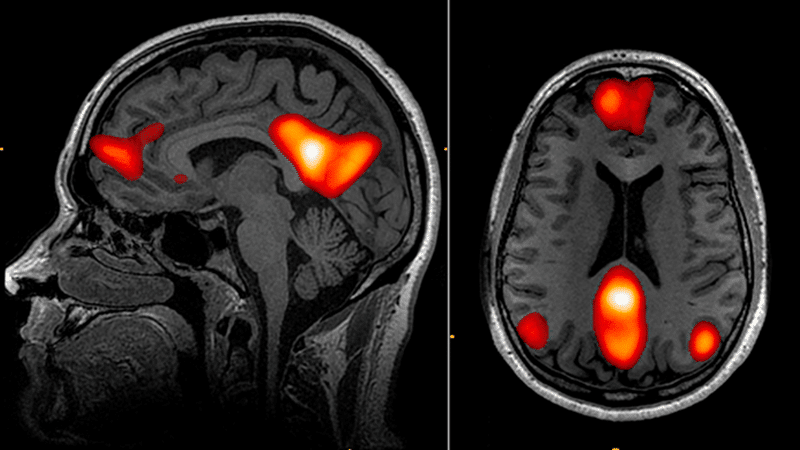A man who has been in a permanent vegetative state for 15 years has regained some degree of consciousness after responding to a new method of treatment.
Doctors from the Institut des Sciences Cognitives Marc Jeannerod (ISC) in Lyon treated the 35-year-old Frenchman by implanting a nerve stimulator into his chest.
Brain plasticity and brain repair are still possible even when hope seems to have vanished.
The breakthrough may offer hope to patients whose situations have been used by campaigners to argue for euthanasia.
Optimism
The implant sends electrical pulses to the vagus nerve, which connects to the parts of the brain controlling alertness.
Within a month, the patient was able to remain awake for extended periods, and was also able to respond to simple instructions, such as turning his head or following an object with his eyes.
ISC’s Angela Sirigu said the research team had chosen a particularly challenging patient for testing and was cautiously optimistic about the results.
She said: “Brain plasticity and brain repair are still possible even when hope seems to have vanished.
Further research
She continued: “After this case report, we should consider testing larger populations of patients.
“This treatment can be important for minimally conscious patients by giving them more chances to communicate with the external world.”
Dr Vladimir Litvak, of University College London’s Institute of Neurology, said: “This might be an interesting new lead, but I would suggest to be cautious about these results until they are reproduced in more patients.”
No pain
In 2012, doctors in Canada used functional magnetic resonance imaging scanning to communicate with a patient in a permanent vegetative state.
Scott Routley, who had been unresponsive for 12 years, communicated using brain signals when asked some basic questions, by thinking of different situations to signify positive and negative responses.
When asked if he was in pain, he responded in the negative, meaning he did not feel in any pain.


